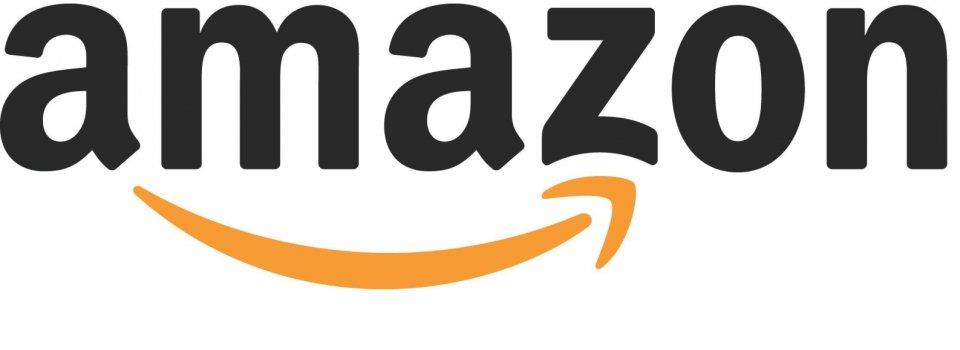Five key media tech trends from April
1. Earnings
As reported recently by Business Insider, Google’s parent company Alphabet beat earnings expectations on the top and bottom line for the first quarter, with the stock up more than 4 per cent in after-hours trading. Revenues hit US$24.75 billion versus the US$24.17 billion expected, up 22 per cent from the year-ago quarter. What will be interesting to watch next, is if the company will be able to continue this trajectory, or if the recent YouTube advertising controversies take a larger chunk out of its more mid to long-term revenues.
Meanwhile, Twitter surpassed expectations on Wall Street for its first quarter earnings. The company said it generated US$548 million in revenue with earnings of 11 cents per share. It also added nine million new users, bringing it to 328 million total monthly active users. Apple results are expected at the beginning of May, with analysts currently split on what to expect, as CNBC reports here.

2. Facebook/Snapchat
The Facebook-Snapchat Wars heated up in April, as Facebook’s relentless pursuit of Snapchat functionality continues. The company rolled out its own Stories feature directly into the public Facebook App at the end of March, signalling a direct competitor to one of the most popular Snapchat features. The battleground has shifted towards who is the better camera/augmented reality company in more recent weeks, and we recently wrote about the growing prominence of this trend for both companies here.

3. Amazon
Amazon made further headway into the media side of the industry this month, with the launch of Subscribe with Amazon, a new marketplace that will allow third parties to sell subscriptions through the platform. Initial Subscribe with Amazon partners reportedly include Disney Story Central, The Wall Street Journal and Dropbox. The platform is also currently accepting applications from vendors that sell digital content.
The company has also advanced its voice offering this month with the launch of the Echo Look – a voice-controlled camera with an accompanying app that recommends which of two outfits is best, using fashion specialists’ advice and algorithms that check for the latest trends. As recently reported by Business of Fashion, “the new product underscores Amazon’s ambitions to be a top player in both fashion and voice-powered computing.”

4. Instant Articles
The growing trend of publishers pulling away from Facebook Instant articles appeared to accelerate in April, with numerous stories circulating around the industry press. Press Gazette reports that The Guardian has pulled back from the project, citing a Guardian News & Media spokesperson:
“We have run extensive trials on Facebook Instant Articles and Apple News to assess how they fit with our editorial and commercial objectives. Having evaluated these trials, we have decided to stop publishing in those formats on both platforms. Our primary objective is to bring audiences to the trusted environment of the Guardian to support building deeper relationships with our readers, and growing membership and contributions to fund our world-class journalism.”

5. Global licensing & syndication
Finally, a story that has caught the imagination on our own website this month centres around this exclusive video interview with Ilkka O. Lavas, publisher and senior partner for Finnish publishing house City Digital OY. It’s tempting to think that in an age of increasing digital emphasis for publishers, traditional licensing and syndication is in decline. However, as Ilkka told FIPP, the Finnish publishing house is setting its sights on building and internationally licensing dedicated city guide software, providing an interesting modern media-tech spin on the traditional model:
“Where we have been building… our software around this City Magazine, we have built a restaurant discover tool, we’ve built a table reservation tool, [and] food order, pre-payment, gift card tools. And that [is] software package we are now selling and licensing to other media companies all around the world. So in Finland we are a media company with a digital side. But internationally we are a software development company and that’s the name of this business, Eat and the City! [Next] We want to be in 500 cities and we cannot do it alone.”

More like this
[Congress speaker Q&A] ‘Experiment with VR, but the bigger opportunity is AR’
Voice is the next major disruption in computing – Amazon exec
Winning with digital innovation, with Kommunal Rapport and City Magazine
Five media tech trends from March
How this magazine re-engineered itself to the point of becoming a global licensing play
Amazon launches ‘Subscribe with Amazon,’ a marketplace for digital subscriptions
How Jeff Bezos’ insistence on experimentation became part of The Washington Post’s regeneration









